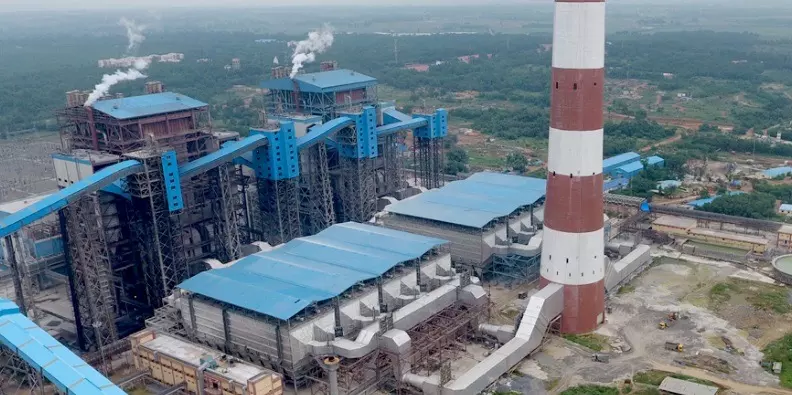Odisha’s industrial future threatened by ash management crisis

Bhubaneswar: Odisha's private thermal power plants in Sundargarh, Jharsuguda, and Sambalpur districts are grappling with a major challenge in ash management, putting the state’s industrial ambitions and energy supply at risk. Industry insiders warn that without swift action, some power plants may have to suspend operations, dealing a severe blow to the state’s vision for industrial growth and energy security.
Currently, private thermal power stations in these industrial hubs generate around 8,000 MW of electricity, supporting both domestic and industrial needs within the state. However, the management of fly ash—a byproduct of thermal power generation—remains a critical issue. Key concerns include ambiguity over which authorities can authorize disposal zones for safe ash management.
The State Pollution Control Board has issued guidelines and designated sites, such as abandoned mines, for safe fly ash disposal. Despite this, implementation has been slow. Tehsildars in these districts have submitted lists of inactive mines to the deputy director of mines, yet the mining department, which lacks both Standard Operating Procedures (SOPs) and expertise in ash management, remains unable to grant the necessary permissions. Although SOPs for ash disposal have been available since 2017 and were reinforced by a 2021 Central Pollution Control Board notification, they have yet to be effectively enforced in Odisha.
A recent meeting chaired by Odisha’s revenue minister Suresh Pujari directed district collectors to issue these permissions, though collectors remain uncertain about how to proceed. Plans for a Revenue Divisional Commissioner’s-level meeting have been postponed twice, further stalling resolution efforts.
Adding to these operational hurdles, misinformation circulating on digital platforms, allegedly by certain "motivated individuals," has fueled public concerns about the industries’ environmental impact. Meanwhile, ash hills around private thermal plants continue to grow, intensifying pressure on the facilities.
Experts caution that if prompt measures are not taken, many thermal stations may be forced to cease operations, impacting both their own production and the wider industrial network in the state, creating potential electricity shortages.
“The government must intervene urgently to address ash management challenges," remarked Prasanna Mohanty, a power sector expert. He recommended the immediate transfer of ash based on SOPs established by the Odisha State Pollution Control Board to mitigate further risks.

